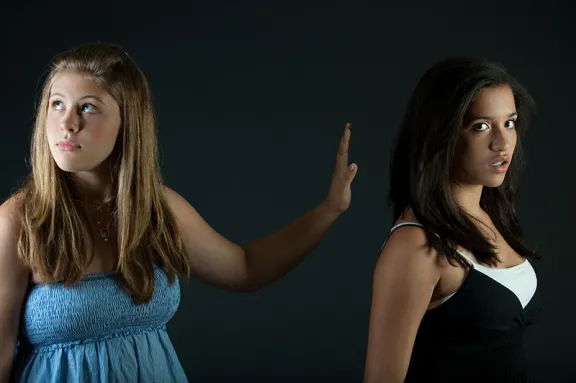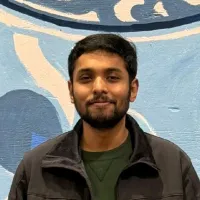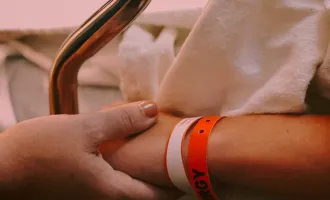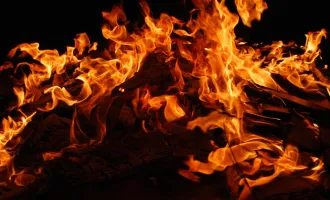Not a day goes without me wondering about how messy an affair it is to be human. The emotional turmoil, the pain, the resentment, the anxieties of it all. The way humans have this incredible knack of hurting others – friends and adversaries, lovers and children, strangers and acquaintances. Why do we do it? Does it make us and our worlds better or worse?
I don’t have an answer to that. I probably will never find an answer to that. Would we all be better if we didn’t feel stuff and just went about our day accounting, teaching, innovating, and coding? Or is all the stuff we feel the price we pay for being able to see, hear, live, and breathe in all the greatest works of art our species has ever made? All I can do is wonder.
I wonder about the damage that parents do to their children. I would imagine no parent ever sets out to hurt their children – their flesh and blood, their likenesses. But it happens, and very commonly so.
In every other person I meet, every other book I read, and every other movie I watch, I encounter stories of how their parents had broken some part of them. I also see them vowing never to break their children. Like vowing never to scratch their cars or to break the new vase. But they end up breaking them, even in one tiny way or the other. And the cycle continues.
I found a dialogue in a book that stuck with me – “Do you know what the worst thing about being a parent is? That you’re always judged by your worst moments.” It got me thinking: if everybody wants to do less damage to their kids than their parents did to them, why do we still have issues within us that our parents planted?
That brings me to the concept of half-life. Half-life is the time it takes for a substance to decrease (by decay or decomposition by external factors) to half its initial amount. The thing about this concept is that the substance never becomes zero. During the first half-life, it becomes 50 percent, then in the second half-life, it becomes half of the 50 percent, then half of the remaining half, and so on. It infinitely becomes smaller and smaller, halved and halved over and over again, but never zero. It grows smaller and smaller until it doesn’t really matter. But it is always there – a trace.
I think of the damage that parents cause their children like that substance. It becomes lesser and lesser in each generation. But it never ceases to exist. It always exists. How should we feel about that? Optimistic or depressed? Should I feel happy that the hurt is lesser or feel sad that my hurt will live longer than me? Should I just accept that cars are meant to get scratched and vases are meant to be broken? All I can do is wonder.
Do we take chances on life and people with fear or excitement? We do get hurt no matter what. But is that what we should be focusing on? Do the ends justify the means? Why are we afflicted with the human condition? The cycle of hope, despair, happiness, anxiety, peace – why do we have to endure that? The root of all war, bloodshed, poverty, prejudice, and suffering – why does it have to be this way?
I know that this piece asks too many lofty questions that it has no capacity to answer. And I would spare everyone the trouble of enduring any half-baked attempt to answer them. All I can say for myself is that I would choose to feel and think of these things, however unpleasant they are.
Maybe sometimes I will write about them and get them off my chest. Maybe I will hear someone agreeing with what I feel. Maybe I will meet someone who disagrees with my views to help me change certain aspects of them. Maybe that might help. Maybe that might not. But it is never a bad idea to wonder about things. Perhaps the whole point is that we get to go on this journey of wondering.
We might never reach a utopia of answers. But going on that journey, nevertheless, with good people, ideas, and morals to hold on to doesn’t sound so bad after all. For all we can do is wonder.




